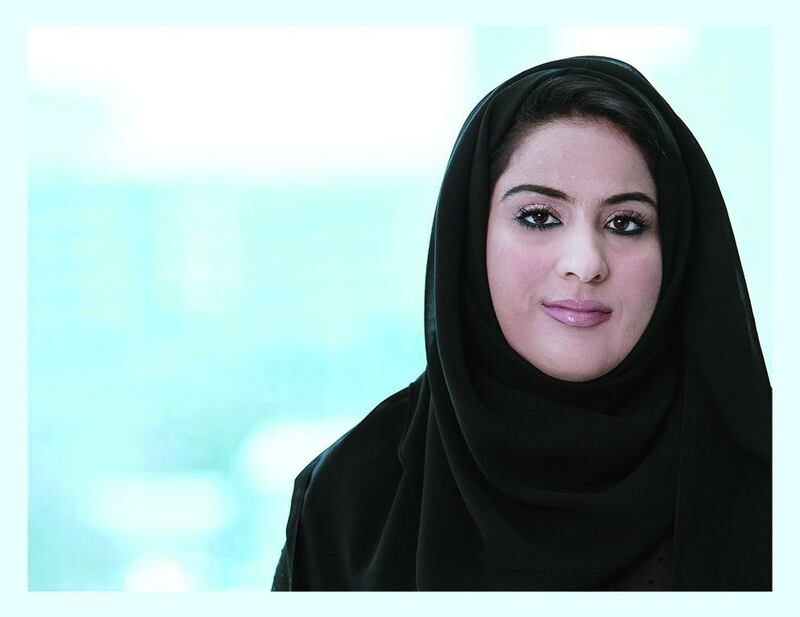Dr Farhana bin Lootah offers crucial advice to those who are fasting during the holy month from an internal medicine specialist at Imperial College London Diabetes Centre.
Can I fast during Ramadan if I have diabetes?
For most people, fasting is not harmful. However, a problem can occur if you are living with diabetes, such as the risk of high glucose levels following the larger meals that we eat before and after fasting at suhoor and iftar. Of course, this year the fasting period is long – 15 hours in the UAE – meaning that the risks of hyperglycaemia (high blood sugar levels) and dehydration (lack of water) are high.
It is also important to not break the fast with a very large, excessive meal as there is a potential risk of post-meal hyperglycaemia. Distribute energy intake from food over two to three smaller meals during the non-fasting interval. This may help you avoid this spike in blood sugar.
It is very important that anyone living with type 1 diabetes understands that they are at a higher risk compared to those with type 2 diabetes when fasting during the holy month.
It is recommended that anyone living with diabetes consults with their doctor before fasting. It is crucial that if you are a type 1 diabetes patient and intend to fast, that you are closely supervised. And ensure that your blood sugar is regularly monitored to mitigate health risks, where together you will look to adjust insulin doses according to food intake and activity.
If you are living with type 2 diabetes, generally it is safe to fast during Ramadan, provided that you talk to your doctor about your plans and prepare yourself well. But it is not safe for everyone living with type 2, especially those who have poorly controlled diabetes.
Your ability to fast safely is often influenced by your prescribed medication, and is influenced by how controlled your diabetes is by your medications, food and activity practice. Therefore, it is important for you and your doctor to assess your medication programme before the start of Ramadan and/or your fast. Your doctor will guide you to create a fasting plan that works for you.
Do I need to go on a special diet during Ramadan?
If you are already following a balanced diet, as is recommended for everyone, then there is a big chance that you do not have to change the ingredients of your diet.
In fact, you should eat as you normally do, with the only difference being the time you eat your meals, rather than quantity or type of food consumed. Also, eat slowly when breaking your fast. This will help you avoid indigestion, as well as help your blood sugar levels come into balance more easily.
The Ramadan diet should be kept simple and contain foods from all the food groups including:
- bread, cereals or rice
- meat, chicken, fish or beans
- milk, laban or yogurt
- fruit and vegetables
It is important to ensure that iftar remains a meal and does not become a feast. One other thing to be particularly aware of is the risk of increasing blood sugar levels after iftar, especially if you eat sweet food. Also, you must take special care to drink plenty of water during the non-fasting hours, so that you remain comfortably hydrated during fasting hours.
At suhoor you should eat starchy carbohydrates that release energy slowly, such as multigrain bread, oat-based cereals, basmati rice together with beans, pulses, lentils, fruit and vegetables.
Other foods that will keep your blood glucose levels more stable throughout the fast include pitta bread, chapati and semolina.
As with all meals, eat sensibly, do not overeat and remember to drink plenty of water.
Do I need to wake up for suhoor?
Long hours without eating increases the risk of hypoglycaemia (low blood sugar levels). You must try to eat a meal at suhoor just before sunrise and not at midnight, as is common practice. This will help to keep your glucose levels more balanced throughout the fast.






